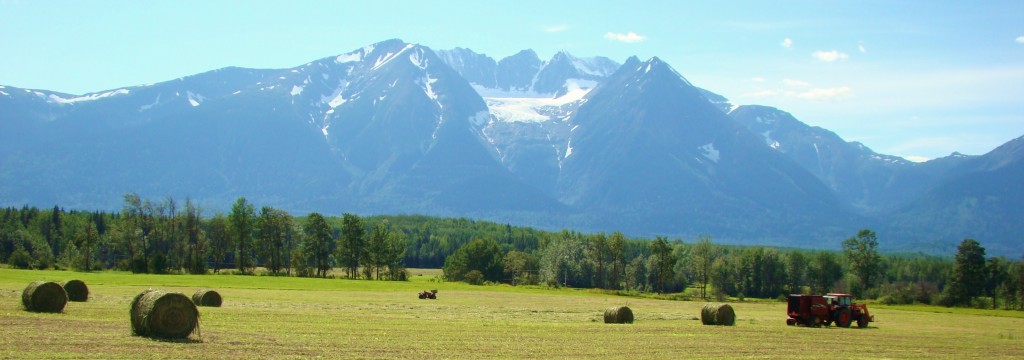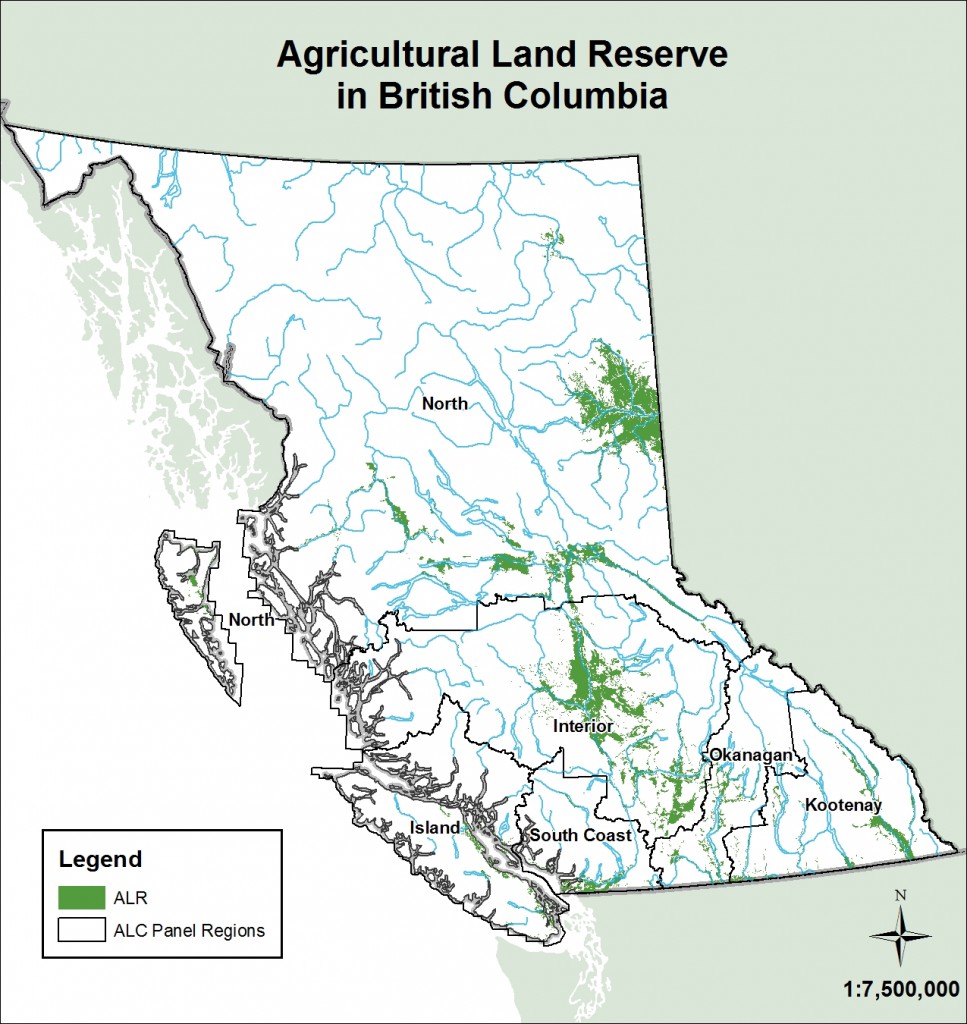Foreign tree-planting companies are borrowing thousands of acres of protected farmland in British Colombia for the purpose of selling carbon credits — land which shouldn’t be used for tree-planting at all, according to the Opposition’s spokesperson for Agriculture and Food.

“There’s just so little farmland in this province,” says Paul Sanborn, a professor of ecosystem science at the university of British Colombia.
The mere 5% of provincial land that is considered ‘productive’ is protected by the Agricultural Land Reserve Act and referred to as ALR land.
According to documents received through the access to information act, The Ministry of Agriculture is aware that both foreign and domestic companies are borrowing ALR land to plant trees, a move which is legally legitimate. But there’s concern this will stop the land from being used for its intended purpose — agriculture.
Carbon credits can be earned in B.C. for greenhouse gas reductions and these credits can be sold to help other parties offset their emissions. Tree-planting is generally seen as a viable way of generating these offsets.
“We have tonnes of land everywhere else that needs to be reforested, but turning agricultural land back into forest is going against the nature of the ALR,” says Lana Popham, the Opposition government’s spokesperson for Agriculture and Food.
In order for tree-planting offsets to work, the trees have to get big enough to actually suck carbon out of the air. To sell these offsets, there needs to be a guarantee that the trees won’t be cut down.
According to the Minister’s internal briefing, “Dedicating ALR land for the purpose of environmental conservation is allowed without an application…”
As a result, some companies are putting conservation covenant’s on these lands— a practice which could stop the land from being used for other purposes for up to 100 years.
“If you have these covenants on this protected farmland, essentially what you’re saying is we can’t go back to using this land for agriculture for many, many decades,” says Sanborn
The Ministry says covenants which restrict farming activity on ALR land require approval from the Agricultural Land Commission before they have any effect.
But according to the Minister’s October briefing notes, Borealis Carbon Offsets — an out-of-province tree-planting company — planted trees on 70 hectares of ALR land, and then “placed a covenant on that land”. The group intends to plant more trees in this region of BC “but does not yet have contracts in place”.

With or without the covenants, Popham says ALR land shouldn’t be used for tree-planting.
She’s in the process of creating a private member’s bill which would ensure these carbon-offset programs can’t be done on ALR land.
“It’s going to be a contentious issue, it already is a problem, the complication is that it’ll probably take legislation to in order to change anything,” she says.
The Ministry says the amount of tree-planting on ALR land now is not significant, but according to the briefing, as carbon trading markets gain prominence, more ALR land may be contracted for this purpose— something the briefing says is “of concern”.
Sanborn says these carbon-offset programs have been “swept under the rug” because nobody really envisioned they would happen, and the government will have to play “catch up” to deal with them.
He says he’s pleased to hear that the Ministry is watching the issue, and hopes they’ll do something to address it.
“I think it does require some re-visiting to their policies to either rule it out or make it harder to do,” he says.
“At the end of the day, watching the issue isn’t enough.”
For Jim and Dave:
